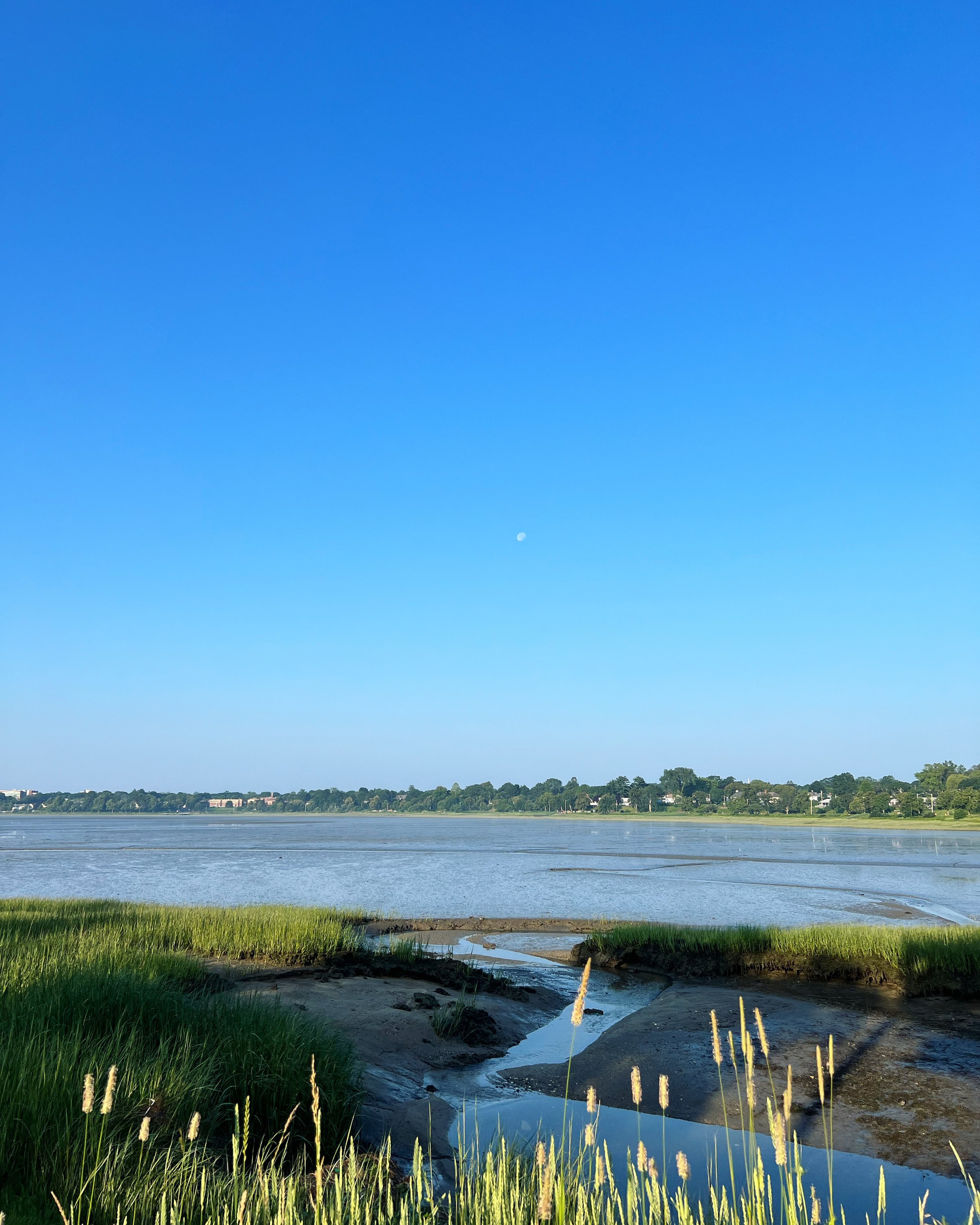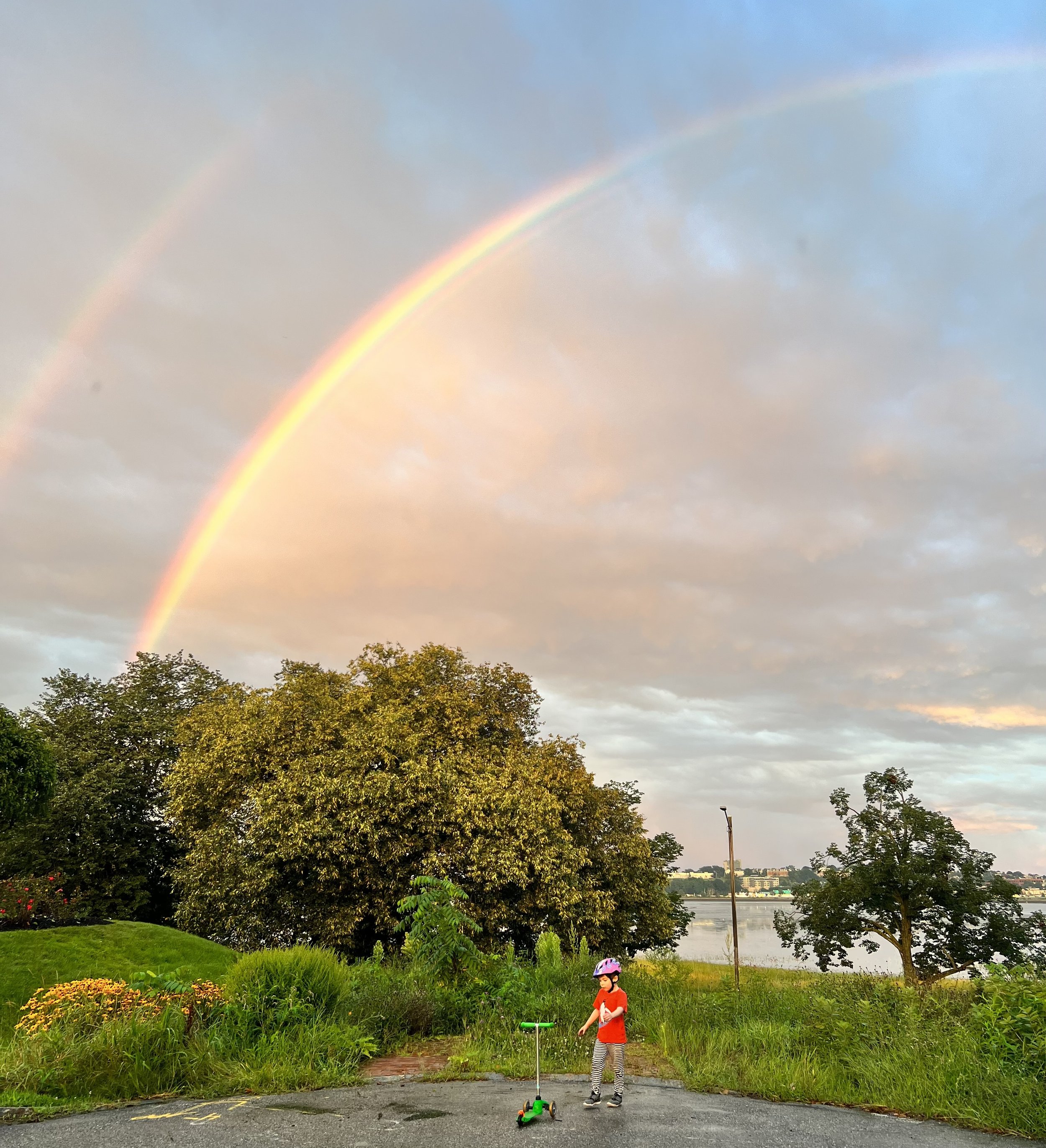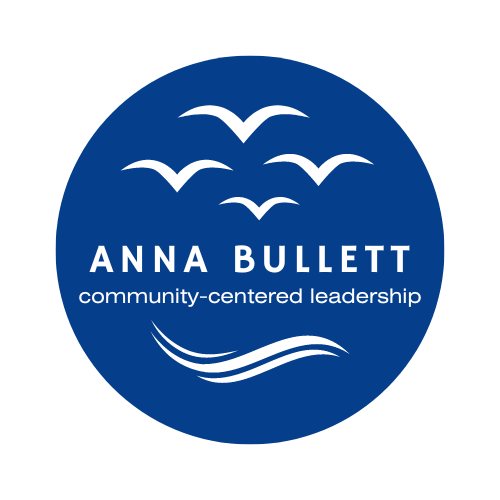
Priorities
Centering Community
Homelessness
Every night in Portland, over 1,500 of our neighbors navigate housing insecurity. They attempt to find safety and comfort in a patchwork of shelters, encampments, city forests, vehicles, and on couches or floors of friends. We are failing each other. Our government can better serve us all. We need a multi-pronged approach to ensure the safety and security of our neighbors who are navigating housing insecurity, in tandem with the broader community seeking to access and benefit from city sidewalks and parks. Together we can improve the current conditions for all AND implement long-term solutions that limit similar challenges in the future.
Portland needs more affordable housing, especially for families, for very low-income individuals, and those requiring therapeutic environments with onsite support staff. Tax incentives for developers willing to be held accountable and effective partnerships with trusted organizations like Avesta, Quality Housing Coalition, Portland Housing Authority, and Preble Street will be critical to meet Portland’s housing needs.
With the critical help of Greater Portland Council of Governments, city leadership is working to expand and improve relations with neighboring towns and state leaders. It is important to ensure all Maine municipalities take part in solutions to end homelessness. With state support, communities can build capacity to help their residents stay local. Many Mainers come to Portland to seek services out of necessity but would much prefer to stay in their hometowns near friends and family.
Racial Equity
There is an increasing threat of violence and hate speech perpetrated by white supremacist domestic terrorists in the United States, in Maine, and in Portland. City leaders and community members must be actively anti-racist to protect the safety, wellness, livelihood, and future of our Black, brown, Indigenous, Asian American, and Pacific Islander neighbors. In the spring of 2023 Portland hired its first ever Director of Diversity, Equity, and Inclusion – an important first step toward ensuring an equity lens is applied to policy, procedures, and practices in all departments and in the City’s strategic plans and partnerships. When we protect and uplift our neighbors, we protect and uplift ourselves.
Equity-promoting practices are central to Bullett’s professional and personal life. At home, her family engages with age-appropriate conversations, books, and community events to expand their understandings of white privilege and the importance of being anti-racist. Bullett’s work spans Cumberland County and she’s leveraged a deliberate recruitment and hiring process, coupled with strong community partnerships, to ensure the team centers the needs of impacted communities, specifically Portland’s Black and/or immigrant neighbors.
Childcare Access
Childcare is infrastructure. When parents work, society functions. Working parents are in helping professions; nurses, cooks, meat processors, first responders, maintenance workers, teachers, ALL THE HELPERS, are critical members of society. If working parents do not have affordable, accessible, quality childcare, our collective self-sufficiency as a city is at risk. Parenthood and caregiving should be protected, respected, and supported.
In addition to establishing the State of Maine’s first Paid Family and Medical Leave Program, Governor Mills’ 2024 budget, passed in July of 2023, increases income eligibility for the state childcare subsidy for working families, increases the state-funded childcare worker stipend, and makes community college free for 2024-2025 high school graduates. This is all great news. To meet the local demand, and to ensure childcare centers can afford rent and staff, Portland must go even further than the state. The city’s department of health and human services is uniquely positioned to seek out state and federal resources to:
1. Provide loans and support during renovation and licensing processes for childcare providers.
2. Utilize strategic partnerships with developers to add space in all low and mix income buildings for onsite childcare.
3. Create scholarships to cover tuition and living expenses for those seeking to switch careers and pursue credentials in early childhood education.
4. Expand the City Parks & Recreation Department before and after the bell, and summer camp offerings in Portland’s elementary schools and city parks.
Transportation
Portland is a city with much to offer to residents and visitors alike. For those of who live and work here, transportation is an essential factor in the ability to enjoy and thrive in the city. We can ensure roads are safe for all modes of transportation, with clearly defined lanes, consistent traffic enforcement for bikes and cars, sidewalks accessible to wheelchairs, strollers, and able-bodied pedestrians.
Portland leadership must meaningfully participate in Greater Portland Council on Governments’ long term transportation planning and actions and must collaborate with and incentivize area bus companies to improve access, ridership, and cross company transfers. City planning must also center the needs of pedestrians, including children and the elderly. Prioritizing other means of travel, beyond personal vehicles, reduces congestion and limits the ongoing wear on existing roads. By advocating for all modes of transportation, we can continue to ensure Portland is safe and accessible to all of us.
Portland’s Plan 2030 is clear on the need to maintain and invest in multimodal transportation. Bullett looks forward to listening to the needs and ideas of district 4 residents, and hopes to work with community members, the city council, and the ReCode team in coming phases as they seek to identify measurable outcomes and action plans, funding sources, and timelines for transportation infrastructure improvements.
Trust in Government
Anna Bulett seeks to establish trust between the community and the employees and leaders who work at City Hall. The need for increased efficiency and transparency in city operations is clear. For example: Permitting & Inspections processes are confusing and rarely favor first-time or individual applicants. Residential homeowners, including neighbors who reside in District 4, deserve the same level of service, support, and speed received by large scale developers and corporations.
Climate Action
Stories of climate collapse were science fiction during the childhoods of “elder millennials” like Bullett. For her children and the planet’s eight billion humans and trillions of its plants and animals, it is an increasing reality. Portland, and Maine at large, is uniquely equipped to take the economic and social actions needed to mitigate the consequences of climate collapse, improving the environment now and for the future.
It is an important time to be involved in planning Portland’s future. Fully enacting the One Climate Future Climate Action Plan which touches everything from transit and zoning, to the electrical grid and construction, to conservation and composting – is not just possible, it is critical. Further, ReCode Portland, charged with rewriting the city’s land use code for the first time in 50 years, is in Phase II. Phase II will address climate change mitigation, sea level rise, and housing affordability. As the District 4 Councilor, Bullett looks forward to learning more from the relevant experts as well as hearing from Portland, specifically District 4’s, diverse community members on these important conversations.
Fiscal Accountability
Fair taxes improve the lives of Portland residents today AND tomorrow. Paying now means we have roads on which residents can safely drive, day in and day out, in all types of weather. Providing the next generation with a world class education ensures Portland graduates can lead the future and eventually take care of today’s adults when we retire. Anna Bullett looks forward to learning from the experiences and perspectives of District 4 residents, especially renters, homeowners, small business owners, and other community members as new issues related to taxes arise.








